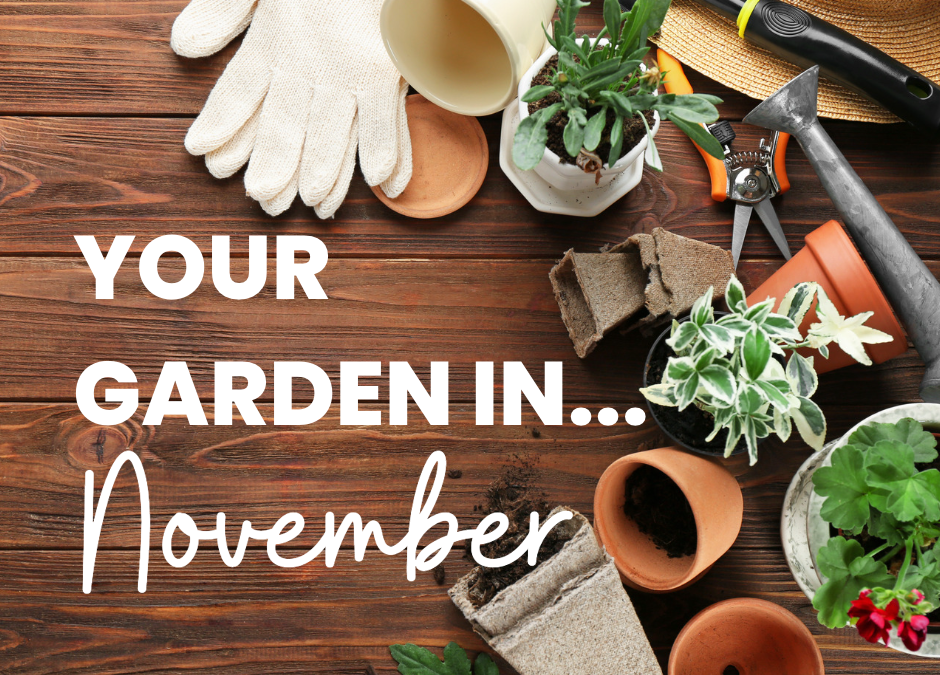In the Vegetable Garden:
Plant summer-loving crops including tomatoes, chillies, courgettes, capsicums and sweetcorn as the weather warms. (Remember to add humate to the soil when planting.)Regularly plant salad greens such as lettuce, mesclun, radish and spring onions for summer salads. If you are growing from seed, sow beans, beetroot, capsicums, carrots, celery, courgettes, cucumbers, eggplants, lettuce, mesclun, parsnips, radish, rocket, silverbeet, spinach, sweetcorn and tomatoes. Soak seedlings in Daves Liquid Organic Humate before planting to prevent transplant shock and then also apply using a watering can every 2-4 weeks to promote strong root growth and keep your garden thriving. (The mixing instructions and dilution rates are on the label). Remember to mix in our wonderful organic humate when planting anything in your garden be it: vegetables, flowers or roses. This will add flavour to all your freshly edible plants and vivid colour to the flowers and roses and just make them grow so much better…
Harvest asparagus, broad beans, broccoli, cabbages, cauliflowers, lettuces, mizuna, rocket, silverbeet, spinach, spring onions.
In the Fruit Garden:
In the warmest areas of the country the first berry crops are ready to be harvested and it’s a great time to plant more strawberries, raspberries, gooseberries, blueberries, boysenberries, and blackberries for continued harvests over the summer season. Berries just love our Turbo Garden Blend (this is a blend of humate, worm castings and some trace elements). Mix some into the soil when planting these and get the result you are looking for.
In the Flower Garden:
For a blast of flower power this growing season November is the right time to plant out flowering stalwarts such as cosmos, dianthus, Queen Anne’s Lace, lobelia, snapdragons, cornflower, stocks, and sweet peas. In warmer areas petunias, begonias, impatiens and Livingstone daisies can be planted.
To finish – here are but a few interesting facts about wonderful organic humate:
- Humate is natures purest form of organic matter. It is an accumulation of partially decayed forest and other carbon-rich plant residues that have been compressed and preserved over the ages. These humate deposits are high in carbon, natural minerals and trace elements, and are referred to as humic substances.
- Up to 20x more potent than regular compost.
- Improves root growth, flowering and fruiting volume of all types of plants.
- Ideal for all soil types but particularly poor, sandy and heavy clay soils where it adds valuable carbon.
- Reduced odour lessens likelihood of dogs digging up.
